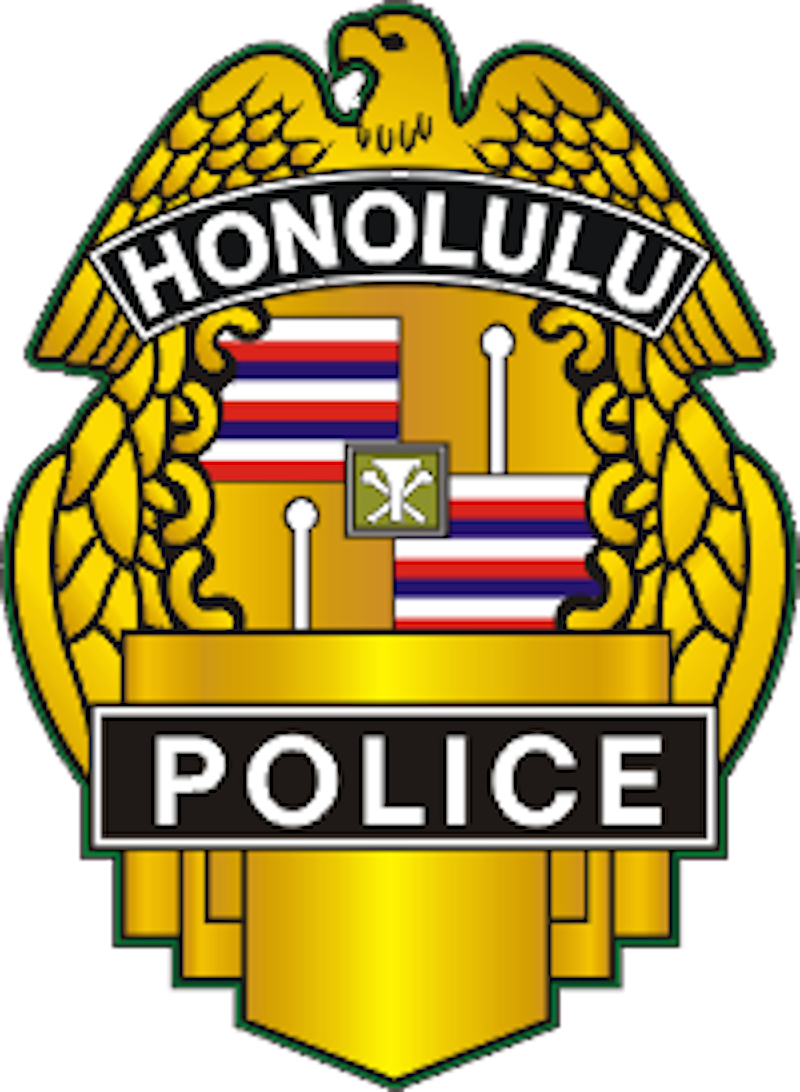The Peer Support Unit (PSU) is a voluntary and confidential resource
for all departmental employees and their families. It provides support
and assistance for personal and/or work-related problems and debriefings
for critical incidents.
DEFINITIONS
A. Critical incident: Any significant event that may
result in strong, emotional reactions and which has the
potential to affect an employee’s ability to cope.
Examples include (but are not limited to):
1. Line-of-duty deaths;
2. Line-of-duty serious injuries;
3. Employee suicides;
4. Disasters/multicasualty incidents;
5. Officer-involved shootings;
6. Significant events involving children;
7. Incidents involving victims who are relatives or friends;
8. Events with excessive media coverage;
9. Events that are life-threatening to responders or civilian
deaths that occur during police operations; and
10. Cumulative, significant events that occur within a short time period.
B. Debriefing: A group meeting to mitigate the impact and adverse
effects of a critical incident. It is not an operational critique.
C. Defusing: A shortened version of a debriefing,
offering information, support, initial venting of
feelings, and an assessment of the need for a
debriefing.
D. Peer: A volunteer of any rank or job classification
participating in the PSU. All persons are considered of equal standing.
E. PSU: A group of volunteers, including present and
retired employees, family members, and significant others,
trained in support and debriefing functions.
F. Peer support: A process whereby a person discusses a
personal issue with a nonprofessional, usually a
friend or coworker. The person seeking support
defines the problem and solves it with the assistance
of a peer support volunteer. The peer support person
uses good, active listening skills; helps to clarify
issues; and supports the person through the
problem-solving process.
G. Steering committee: Selected peer members responsible
for establishing procedures and governing the PSU.
ORGANIZATIONAL STRUCTURE
A. While the unit is tied administratively to the Chief
of Police through an administrative liaison, the PSU is an
autonomous element recognized and supported by the department.
B. Participation in the PSU is voluntary and open to
departmental personnel, their families, significant others, and retirees.
C. The PSU is governed by a steering committee and managed
by a full-time PSU coordinator.
D. The Reserve Police Chaplaincy Program is the responsibility
of the PSU coordinator who shall assign a chaplaincy coordinator to
manage the program. Refer to Policy 3.48, RESERVE POLICE CHAPLAINCY
PROGRAM, for details regarding this program.
RULES OF CONFIDENTIALITY
PSU members shall adhere to the strictest standards of
confidentiality and not disclose any information divulged
in support or debriefing sessions, with the following exceptions:
A. Cases of criminal misconduct;
B. A member must gather information as part of a duty
assignment at the time of the incident, such as when required
by departmental policy or procedure or when under order by a superior;
C. The member is directly involved as a participant or witness;
D. There is reason to believe that the person intends serious
self-injury or injury to another person. In cases of threatened
serious injury, reasonable efforts will be made to warn the
intended victim(s); and
E. When the employee is a clear and immediate danger
to self or others due to substance abuse.
The above exceptions do not apply to clergy in the Reserve
Police Chaplaincy Program. Instead, clergy in the program are
governed by the rules of confidentiality established by their
religious organizations.
DISCIPLINARY EXEMPTION
No disciplinary action shall result from disclosures made in
peer support sessions, defusings, or debriefings.
PROVISION OF SUPPORT ASSISTANCE
A. The initial contact can be made either by the
person seeking support or by unit members through peer referrals.
B. Persons have the right to refuse peer assistance.
C. No compensation for support sessions will be
given to the peer member nor to the person seeking assistance.
D. The role of members of the PSU is to render emotional support.
E. When problems are acute or appear to require
specialized assistance, information on referral resources
will be made available to those seeking help.
F. Superiors who are peer volunteers cannot abdicate
their supervisory responsibilities but may make referrals.
CRITICAL INCIDENT PROCEDURES
A. The PSU coordinator shall be notified immediately
whenever a critical incident occurs. The supervisor in
charge of the incident is responsible for the notification.
Notification may be made by the responsible field supervisor,
unit supervisor, Communications Division’s supervisor, or by
any employee who feels that a critical incident may have occurred.
B. The PSU coordinator or designee will assess the
situation and apprise the element commander of the course of action.
C. If a defusing or debriefing is necessary, all employees
involved in the incident shall attend.
1. Defusings should be conducted within three or four hours
of the incident and before personnel leave for the day.
2. Debriefings should be conducted between 48 and
72 hours after the incident.
3. If any part of the defusing or debriefing is conducted
after the regularly scheduled tour of duty, overtime will be
paid to those mandated to attend.
NOTIFICATION PROCEDURE
A. Contact information for the PSU coordinator and
members is available on the department’s intranet.
B. Any element may request the Communications Division’s
supervisor to notify the PSU coordinator or personnel.
C. Whenever possible, the requesting field unit or
individual will provide a return contact telephone number
to aid in response assessments.
EXTENDED CRISIS
When off-duty PSU volunteers are needed to assist in an
extended crisis, they may request to be put on special
assignment for their next scheduled tour of duty.
Approved requests will be routed by the PSU coordinator
to the administrative liaison who will notify the PSU member’s command.
STEERING COMMITTEE MEETINGS
Steering Committee members will be granted on-duty status
to attend PSU Steering Committee meetings.
